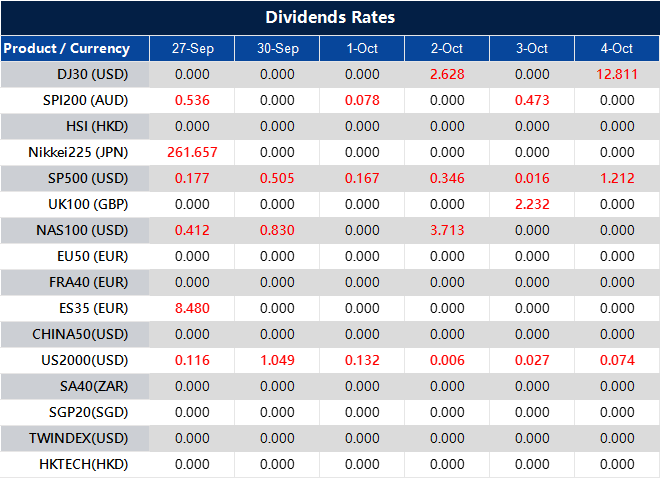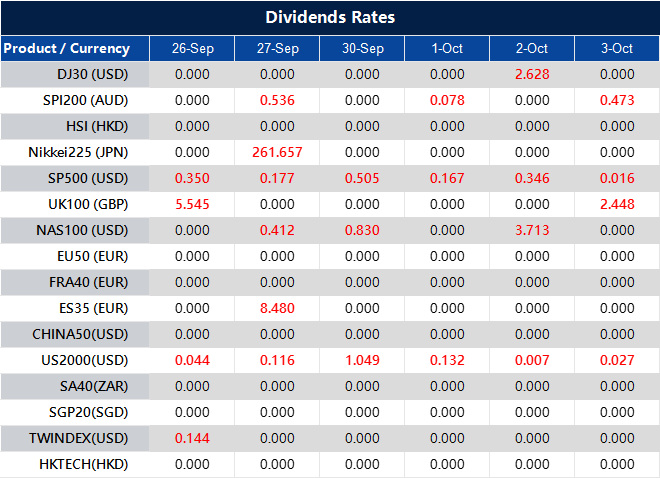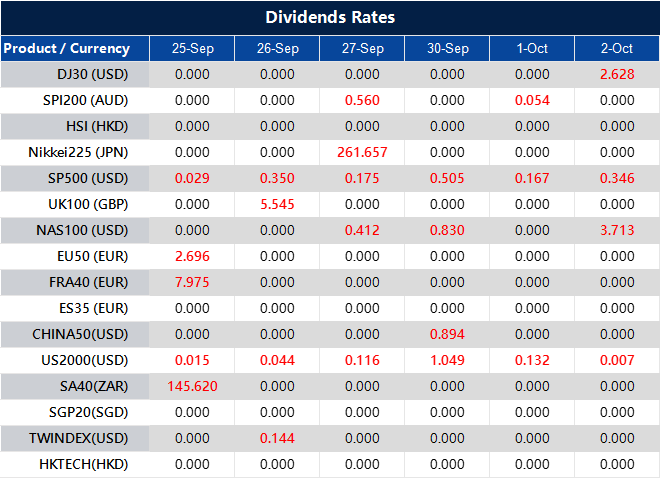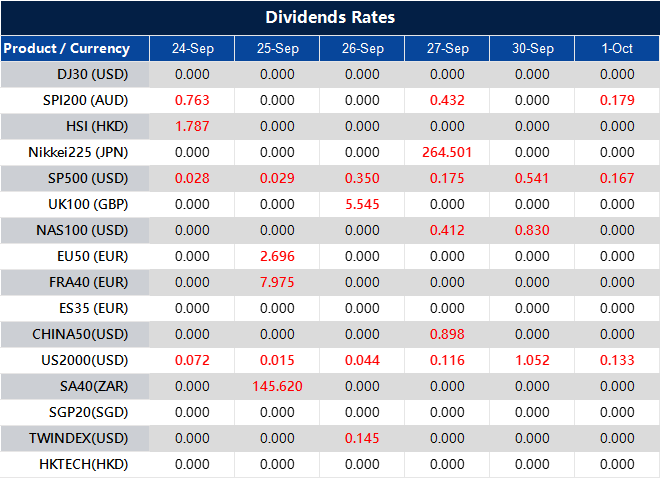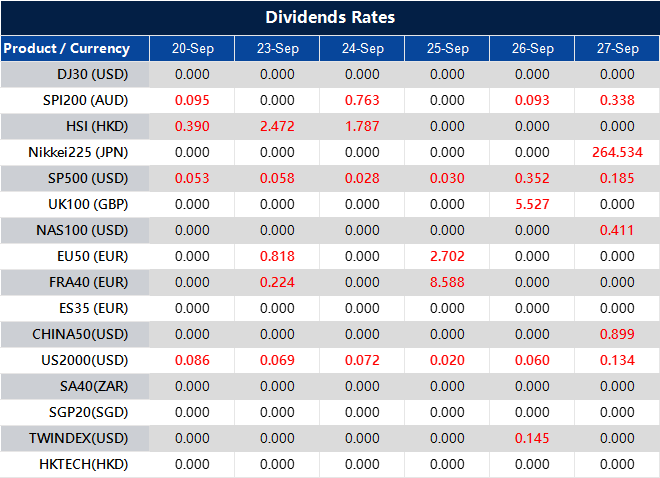Why Choose FX Trading in 2024
In 2024, FX trading has caught the eye of both retail and institutional investors more than ever before. The FX market, with its massive daily trading volume exceeding $7.5 trillion in 2022, remains one of the most liquid and dynamic financial markets. But what’s driving this growing interest? A combination of economic turbulence, technological advances, and increasing institutional involvement is reshaping the trading landscape. In this article, we’ll explore why more people are getting involved in forex trading and what makes 2024 a standout year for the FX market.
1. Economic Volatility Fuels Interest
The global economy in 2024 is defined by uncertainty. Major economies, including the U.S., Europe, and China, are facing inflationary pressures, changing monetary policies, and geopolitical tensions. In such a volatile environment, traders see the FX market as a reliable space to profit from swift currency movements. Forex trading offers flexibility because traders can speculate on both rising and falling currency prices, making it an attractive option during uncertain times.
Unlike traditional stock markets, which often reflect the performance of individual companies, forex trading allows traders to react instantly to macroeconomic events. For instance, central bank rate hikes and inflation reports directly impact currency values, creating more opportunities for active traders. As a result, 2024 has seen more individuals and institutions moving into forex to take advantage of these constant fluctuations.
2. Technological Advancements Empower Traders
Another significant reason why FX trading is gaining attention in 2024 is the rapid advancement in trading technologies. Automated trading systems, artificial intelligence (AI), and machine learning tools have made it easier for traders to analyze market trends and execute trades. With AI-powered systems, traders can now set algorithms to execute trades automatically when specific market conditions are met, removing emotional biases from the trading process.
Additionally, mobile trading has become more accessible and powerful. Platforms such as MetaTrader 4 (MT4) and MetaTrader 5 (MT5), available on smartphones and tablets, allow traders to monitor the markets in real-time and make decisions on the go. For beginners, demo accounts and educational resources provided by brokers like VT Markets make FX trading more approachable. These advancements have attracted a new wave of tech-savvy traders who value flexibility and real-time data access.
3. Growing Institutional Involvement
While retail traders are increasingly joining the FX market, institutional investors are making their presence felt in 2024. Hedge funds, asset managers, and banks have turned to forex as a way to diversify their portfolios and hedge against risks in other asset classes. The liquidity of the forex market ensures that even large trades can be executed with minimal slippage, making it an attractive option for institutions dealing in high volumes.
The increase in cross-border investments has also driven more institutions to the FX market. As global investment strategies become more complex, institutions use forex as a tool to protect themselves against currency risk. For example, a company with investments in foreign markets may use forex to hedge against unfavorable currency fluctuations, safeguarding its returns. This growing institutional involvement boosts the overall trading volume, adding liquidity and opportunities for all participants.
4. Central Bank Policies Driving Currency Movements
In 2024, central banks are making headlines with their policies on inflation, interest rates, and economic recovery. Forex traders closely monitor decisions made by major banks like the Federal Reserve, the European Central Bank (ECB), and the Bank of Japan. When central banks raise or lower interest rates, it directly impacts the value of their currencies, creating new opportunities for forex traders.
For instance, when the U.S. Federal Reserve announces a rate hike, the U.S. dollar often strengthens, offering traders a chance to profit by buying USD-related currency pairs. Conversely, if the Bank of Japan maintains low-interest rates, traders may short the yen, betting on its weakening. In a year like 2024, where central banks are juggling economic recovery and inflation control, forex trading has become more relevant to investors looking to capitalize on currency shifts.
5. Accessibility for Retail Traders
Perhaps one of the most critical drivers of forex trading’s growing appeal in 2024 is its accessibility. Online trading platforms have made it easier than ever for retail traders to enter the market. With brokers like VT Markets offering low initial deposits, leverage, and user-friendly interfaces, even novice traders can start trading with a small amount of capital. Moreover, features like Copy Trading allow beginners to mirror the trades of seasoned professionals, reducing the learning curve.
Educational resources are another significant factor. Brokers are now offering free tutorials, webinars, and demo accounts to help traders learn the ropes before risking their capital. The ease of entry and the wealth of learning materials have lowered barriers, allowing more people to start trading from anywhere in the world.
6. Social Trading and Copy Trading Gain Traction
Social and copy trading have emerged as popular trends in 2024, particularly among retail traders. With social trading, traders can follow, interact, and even copy the trades of more experienced traders. This trend has significantly leveled the playing field for beginners, allowing them to learn by doing. Platforms that offer social trading features have seen a surge in popularity, with traders attracted to the idea of following strategies that have a proven track record.
Copy trading allows even the most inexperienced traders to replicate the success of seasoned forex professionals. Beginners can observe successful traders, study their strategies, and automatically copy their trades. This system has opened up forex trading to a wider audience, making it easier for people with minimal knowledge to get started.
FAQ Section
1. How does forex trading differ from other markets?
Forex trading operates 24 hours a day, offering greater flexibility compared to stock markets. It also allows traders to profit from both rising and falling currencies, making it unique in its constant opportunities for gains.
2. What factors should I consider before choosing a forex broker?
When selecting a broker, prioritize regulation, transaction costs (spreads and commissions), platform usability, and customer service. Brokers like VT Markets offer low spreads and advanced tools, making them a popular choice.
3. Is forex trading suitable for beginners?
Yes, forex trading is accessible to beginners, especially with brokers offering educational tools and demo accounts. However, it’s crucial to start small, practice risk management, and gain a solid understanding of market dynamics before jumping into live trades.
4. Can I rely on automated trading to succeed in forex?
Automated trading, powered by AI and algorithms, is a great tool to eliminate emotional bias. However, it’s important to understand the underlying strategies and monitor trades, as market conditions can change quickly.
5. What’s the key to long-term success in forex trading?
The most important factors for long-term success include continuous education, developing a consistent strategy, managing risks, and staying informed about global economic trends. Additionally, maintaining discipline and patience is crucial for growth and profitability.
6. How Much Capital Do You Need to Start FX Trading?
You can start FX trading with as little as $100, but it’s recommended to begin with at least $500 to $1,000 for better risk management and flexibility in your trades.
Conclusion: Forex Trading Takes Center Stage in 2024
The growing interest in forex trading in 2024 can be attributed to a mix of economic conditions, technological advancements, and increased access for both retail and institutional traders. With its 24/5 availability, liquidity, and the flexibility to profit in both rising and falling markets, forex trading is proving to be one of the most attractive markets for traders worldwide. Whether you’re a seasoned trader or a beginner, the FX market offers endless opportunities for growth and success.
Take Your First Step Into Forex Trading with VT Markets Hong Kong
If you’re ready to take advantage of the growing opportunities in forex trading, VT Markets Hong Kong offers the perfect platform. With user-friendly tools, expert insights, and competitive spreads, you’ll have everything you need to begin your trading journey confidently. Open your account today and explore global markets with a trusted partner in FX trading.
Join VT Markets Hong Kong now and start your forex journey!
